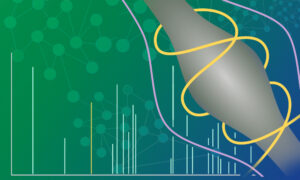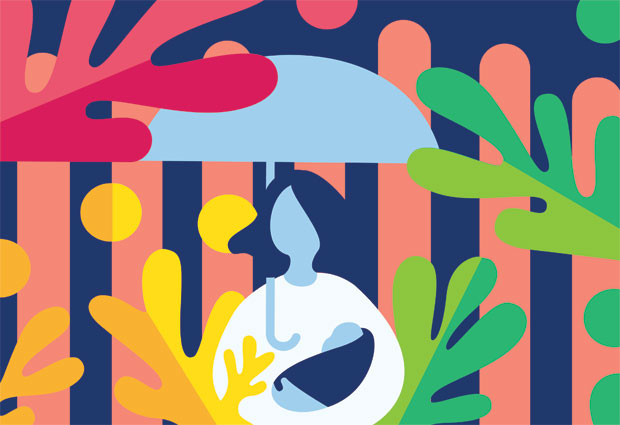
Read the latest Issue
During the first moments of a baby’s life, bacteria and other microorganisms are passed from the mother. A team of researchers from the University of Trento and EMBL has shown that bacteria from the mother are more persistent on the newborn than those from other sources.

Their results, published in Cell Host and Microbe on 11 July, provide the basis for a better understanding of how the maternal microbiome impacts child health.
Microorganisms pass from mother to child during different stages of natural delivery, as well as in subsequent breastfeeding and skin-to-skin contact. The team’s results show that bacteria from the mother are more likely to colonize newborns compared with bacteria from the surrounding environment, and that the maternal bacteria are more persistent.
The study involved 25 mother-child pairs. Microbiome samples were collected from different body sites of the mothers before they gave birth: from the skin, tongue, faeces and vagina. After birth, samples of the newborns’ faeces and tongue were collected. The team examined the samples to identify and map microorganisms – and their transmissions from mother to child – using metagenomics and bioinformatics.
“Our study provides the foundation for a better understanding of the microbiome acquisition process, its impact on the child’s health, and the role of natural childbirth, breastfeeding and skin-to-skin contact”, says project leader Nicola Segata, a Professor at the University of Trento. “This opens interesting scenarios because the preference for maternal microorganisms in infants may suggest that there is a co-evolutionary mechanism that has remained largely unexplored so far”.
Another intriguing aspect is that some of the bacteria passed on from mother to child belong to unknown bacterial species: “It is crucial to characterise these unknown bacteria through targeted experiments to understand their specific role in the child’s health”, says first author Pamela Ferretti, previously at the University of Trento and now PhD student in the Bork group at EMBL.
Now that the researchers have learned which microorganisms pass from mother to infant and how they do it, they want to better understand their impact on the child’s health. For example, how the transmission of the maternal microbiome is affected by factors such as C-section delivery, lack of skin contact between mother and child in the first instants of life, and feeding with infant formula. A potential future application of the research could be to provide children with microorganisms that they do not receive from their mothers for one of the above reasons.
Looking for past print editions of EMBLetc.? Browse our archive, going back 20 years.
EMBLetc. archive